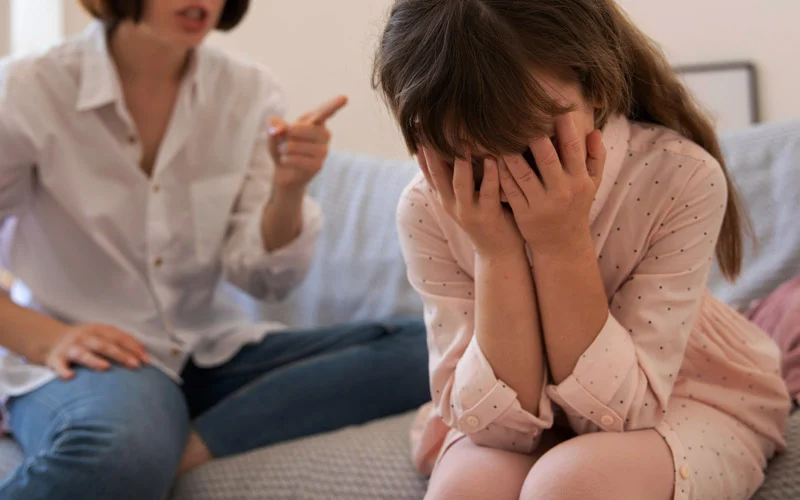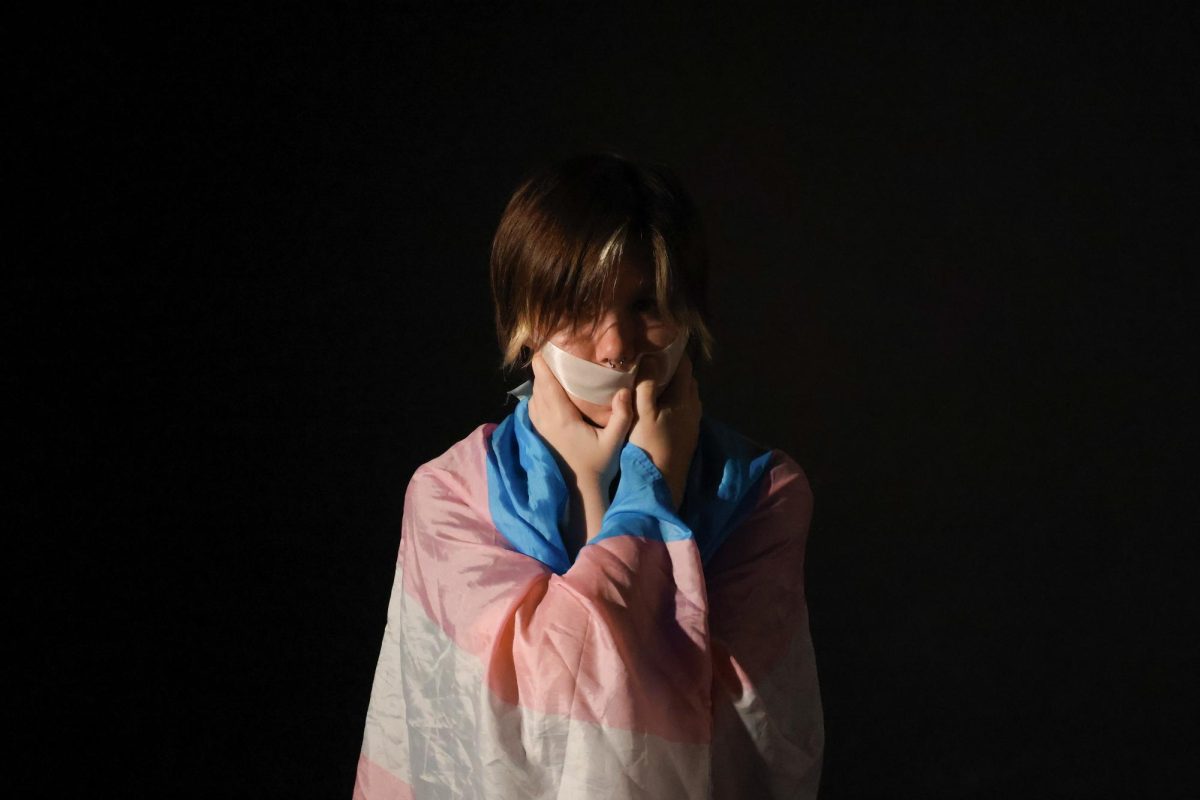No really, please do.
Let me tell you about how often I cry. (Spoiler alert, it’s often.) I’m what some may call an Emotional Person, so I feel like crying over every strong influx of feeling that I ever have. I’m a human being. I enjoy things that are universally joy inducing, and I like feeling good. Shockingly, sad things make me feel sad. And when I feel bad, I feel bad. I give a good cry about it, release a slew of leucine-enkephalin–the pain reducer and mood improver endorphin–and then move on to some of my other method of dealing with negative emotions.
The average person produces 30 gallons of tears a year, and if you can look me in the eye and tell me you haven’t shed even ounce of that, well, it’s probably because crying is widely frowned upon if you’re male.
And for those who are rolling their eyes right now, no, no matter what anyone says, crying isn’t a sign of weakness. Unless you’re allergic to healthy coping methods and emotional release, you really have no room to tease or judge me for mine or anyone else’s.
As soon as 90 minutes after a good cry, people reportedly felt an uplift in their mood, according to a study done by researchers at Tilburg University. Crying can release toxins built up in the body by stress, which can reduce cortisol levels, according to tear specialist and biochemist William Frey. The Huffington Post raves that it’s therapeutic, so there must be a least of grain of salt to it.
Anyone who calls me any of their nastiest third grader insults (sissy and crybaby are my personal favorites) for expressing my feelings probably has a few issues with their masculinity– or are just plain mean– and haven’t the slightest clue how to handle their own.
Despite all the benefits of the act, crying gets a bad rap and has a social stigma that’s pretty weighty for such a simple bodily function. It’s generally scoffed at because “it’s for girls,” or because it conflicts with our idea imagine of a man. But crying is about honest emotions, and sensitivity, so therefore inherently feminine, something no strong or serious, self respecting person would ever want to be perceived as. No traditionally (typically) male would want to be seen as. And that’s the truth.
We raise boys and girls differently. It’s not a thing that has to be shown via statistics. Just ask any kid with a sibling of the opposite sex as them, and they’ll confirm it.
We reprimand our boys for their honest emotional responses. Boys who cry are sissy, told that they need to “man up” and suffer it in dignified silence. It teaches boys that they aren’t allowed to have their moments of vulnerability, and because of that, they can never relate to someone who can. It’s like emotional constipation.
It can be attributed to why a full two-thirds of mental health outpatient visits were made by women, as according to a 1993 study published in Psychotherapy by psychologist John Vessey.
“I don’t think that it’s biologically determined that men will seek less help than women,” said Glenn Good, a University of Missouri Counseling Psychology Professor, who studies men and masculinity, “So if that’s true, then it must mean that it’s socialization and upbringing: Men learn to seek less help.”
So yeah. I think it’s time we left the idea that boys shouldn’t cry in whatever pot of trash that we fished it out of. I think it’s time we abandon this form of toxic masculinity, and stop teaching boys that it’s wrong for them to have any sort of association with “feminine” things, one of which, for some reason, seems to be healthy means of dealing with their emotions.
Because apparently, ladies are the only ones who to have any sort of human emotion. Because apparently, boys are immune to the emotional and mental ailments that come with the biochemical mess that is our brain. And that’s exactly why men die by suicide 3.5x more often than women, according to the American Foundation for Suicide Prevention.
The act of crying is a small piece of this puzzle. It’s one jenga block in whatever dumb tower of problems we’ve made up to over complicate gender, and the roles so deeply embedded in them. But every piece of that jenga tower contributes to it as a whole, and every piece of it is worth pulling down. It’s worth talking about. Numbers don’t lie, and boys are just as vulnerable to the kind of emotional turmoil that is synonymous with the human condition.
It’s time to let them know that, and let them have a good sob over it.
If you’re upset by my assertions right now, why don’t you go cry about it. You’ll feel better, I promise.







